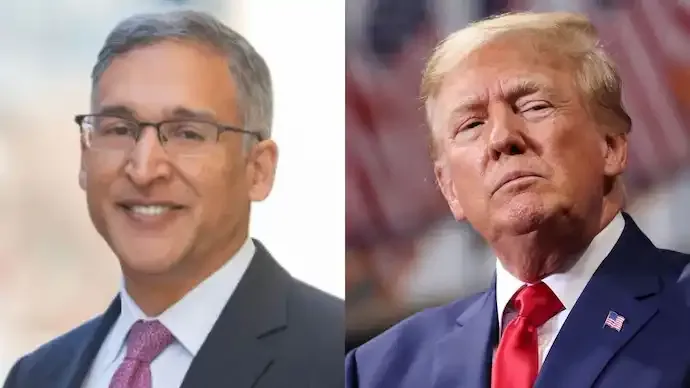Shopping cart
Your cart empty!
Terms of use dolor sit amet consectetur, adipisicing elit. Recusandae provident ullam aperiam quo ad non corrupti sit vel quam repellat ipsa quod sed, repellendus adipisci, ducimus ea modi odio assumenda.
Lorem ipsum dolor sit amet consectetur adipisicing elit. Sequi, cum esse possimus officiis amet ea voluptatibus libero! Dolorum assumenda esse, deserunt ipsum ad iusto! Praesentium error nobis tenetur at, quis nostrum facere excepturi architecto totam.
Lorem ipsum dolor sit amet consectetur adipisicing elit. Inventore, soluta alias eaque modi ipsum sint iusto fugiat vero velit rerum.
Sequi, cum esse possimus officiis amet ea voluptatibus libero! Dolorum assumenda esse, deserunt ipsum ad iusto! Praesentium error nobis tenetur at, quis nostrum facere excepturi architecto totam.
Lorem ipsum dolor sit amet consectetur adipisicing elit. Inventore, soluta alias eaque modi ipsum sint iusto fugiat vero velit rerum.
Dolor sit amet consectetur adipisicing elit. Sequi, cum esse possimus officiis amet ea voluptatibus libero! Dolorum assumenda esse, deserunt ipsum ad iusto! Praesentium error nobis tenetur at, quis nostrum facere excepturi architecto totam.
Lorem ipsum dolor sit amet consectetur adipisicing elit. Inventore, soluta alias eaque modi ipsum sint iusto fugiat vero velit rerum.
Sit amet consectetur adipisicing elit. Sequi, cum esse possimus officiis amet ea voluptatibus libero! Dolorum assumenda esse, deserunt ipsum ad iusto! Praesentium error nobis tenetur at, quis nostrum facere excepturi architecto totam.
Lorem ipsum dolor sit amet consectetur adipisicing elit. Inventore, soluta alias eaque modi ipsum sint iusto fugiat vero velit rerum.
Do you agree to our terms? Sign up

Indian-American lawyer Neal Katyal will appear before the US Supreme Court this week in a landmark case challenging former President Donald Trump’s authority to impose tariffs under emergency law — a ruling that could reshape presidential trade power for decades to come.
The case, which Trump has described as “nation-defining,” tests the boundaries of executive power under the 1977 International Emergency Economic Powers Act (IEEPA) — a statute designed to let presidents act swiftly in foreign crises, not to unilaterally set trade policy.
At the heart of the case is whether Trump exceeded his constitutional authority by invoking the IEEPA to impose wide-ranging tariffs.
Neal Katyal, 54, a former Acting US Solicitor General under President Barack Obama, is representing a coalition of small businesses and Democratic-led states that argue the law does not grant presidents the right to use tariffs as a political or diplomatic weapon.
“The President’s claim of authority here is breathtaking,” Katyal wrote in an October court filing. “The IEEPA never mentions tariffs, and in 50 years, no other President has used it for that purpose.”
If Katyal’s argument prevails, the decision could curb presidential powers in trade policy, reaffirming Congress’s control over international commerce.
A Yale Law School graduate and partner at Milbank LLP, Neal Katyal is among America’s most seasoned Supreme Court litigators, having argued over 50 cases before the court. His previous cases include landmark decisions such as Hamdan v. Rumsfeld (challenging military tribunals) and Moore v. Harper (on state legislative powers).
Born in Chicago to Indian immigrant parents — a physician and an engineer — Katyal has long been recognized for his constitutional expertise and courtroom precision.
In 2017, he successfully argued against Trump’s travel ban, establishing himself as a key legal counterweight to executive overreach. He also authored the book “Impeach: The Case Against Donald Trump,” published during Trump’s first impeachment proceedings.
According to a source close to his team, “This case isn’t about politics. It’s about protecting the constitutional balance between Congress and the President — ensuring no one man can dictate the nation’s economic fate.”
For Donald Trump, tariffs have been a defining tool of statecraft — a means of applying economic pressure to achieve foreign policy goals.
His administration imposed sweeping tariffs on China, Canada, Brazil, and Mexico, using them to influence trade negotiations, energy exports, and even immigration enforcement.
Critics argue that this approach blurred the line between trade and diplomacy, effectively allowing one individual to dictate the global economic stance of the United States.
Trump has defended the strategy, writing on Truth Social:
“If we win, we’ll be the richest, most secure country anywhere in the world. If we lose, our country could be reduced to almost Third World status.”
Initially, Trump indicated he would attend the hearing in person, but later said he wanted to “avoid distracting from the importance of the case.”
The Supreme Court’s ruling, expected early 2026, could have sweeping implications for presidential powers, trade policy, and constitutional limits.
A verdict against Trump could restrict how future presidents use emergency laws for economic policy. A victory, however, could cement Trump’s view that tariffs are a unilateral executive weapon in foreign affairs.
As both sides prepare for arguments, one thing is clear — this case will define how far the US presidency can go in controlling the global economic order.
40
Published: Nov 04, 2025